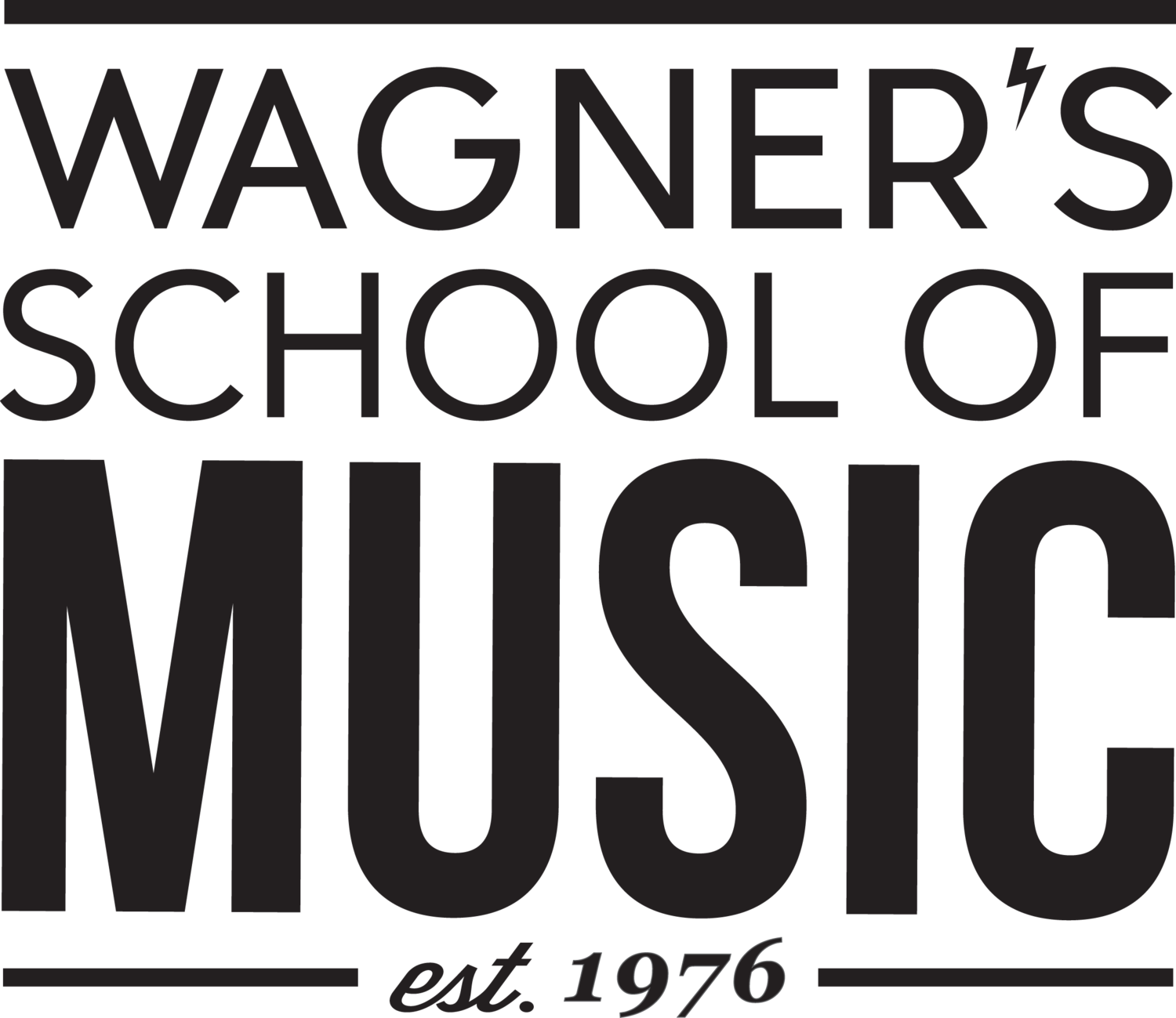-
First of all, the parental involvement. Just about every song has a parent page, so when the kids are at home and they're playing with the CD, the parents know what's going on. Parents become equipped to remind them and even teach them some of the important elements they may have forgotten from the lesson, or that they never heard.
Secondly, Peer interaction. Many students elsewhere want to give up their lessons because of the frustration it causes. But in our group lesson, staying with your peers and staying with the teacher gives students a natural way of gaining rhythm and a rhythmic sense - that’s very important. This skill is one that piano players, distinct from those learning and playing on band instruments, do not normally gain in a private lesson. Group piano lessons can bridge that gap.
Traditionally, piano players don’t play with other musicians until way down the line. But in a group, if you drop a beat, or if you drop a measure you learn to pick it back up, and jump back in after a measure or two. Students learn to listen and hear where everybody's at in the piece, whether they’re two or three measures ahead, and they are thinking, okay here we go – boom! jump in there.
-
Continuity is important. There are a lot of activities in a student’s life that compete for time. 10 to 15 minutes of practice time a day, 5 days a week, and a weekly class on an ongoing basis have been a possibility formula for busy lives that keep the kids playing and growing in music over the years.
-
Yes. We emphasize not only good piano technique, but also style, finger velocity and sensitivity. When modeling proper technique, the teacher’s presentation has more impact in a group, because it fosters mild competition between students to do it well, not only for the teacher, but for peers. Much of playing with good hand position and proper technique is handled over time because as the pieces increase in complexity, it will require the development of proper technique for success. The ear training (training the ear to listen for details instead of passive listening) will help direct the students to play accurately and sensitively.
-
An electronic piano has its pluses. I’m sure you will find that most proficient keyboardists/pianists prefer a piano for certain aesthetic reasons. That being said, touch sensitive and weighted keys on an electronic keyboard can be made to suffice quite nicely in the early stages of piano lessons. More than that, once a student gains skill on an electronic keyboard, its usefulness goes beyond piano lessons. When ready, students will be comfortable launching into the world of MIDI playing, sequencing, recording with keyboard workstations in tandem with computers. And then there is composition. Being able to hear all the parts by playing them oneself, and putting them all together is a dream-come-true experience for those who have the training and passion for it. Oh yes, one more cool feature - a headset.
-
This is covered quite thoroughly at www.wagnersmusic.com/larrytalks, but we can say this- rarely has there been a student that didn’t at one time or another say they wanted to quit. But on the flip-side, we’ve never met an adult who, after having quit their lessons as a child, didn’t wish they had stayed with it! The driving factor for success is the parent(s). They need to be smart enough to strike a balance in how much practice should be required, and yet caring enough to give tough love when the child gets lazy. At Wagner’s, we give the students a reasonable assignment and the parents tools to help get their kids over the humps and slumps.
-
Yes. There is an in-class recital each December, and a yearly all-school recital in a recital hall in the spring.
-
Most of our teachers have degrees in Music and have taught extensively both private and group lessons. They have a unique perspective on making music fun and all are well versed in using the Wagner’s proprietary teaching techniques. They each have a special talent for making music fun and making the parents comfortable.
8060 La Mesa Blvd (La Mesa)
2750 Dewey Rd (Liberty Station)
5631-C LA JOLLA BLVD (La Jolla)
Where Kids Grow Up Making Music
Your Custom Text Here
